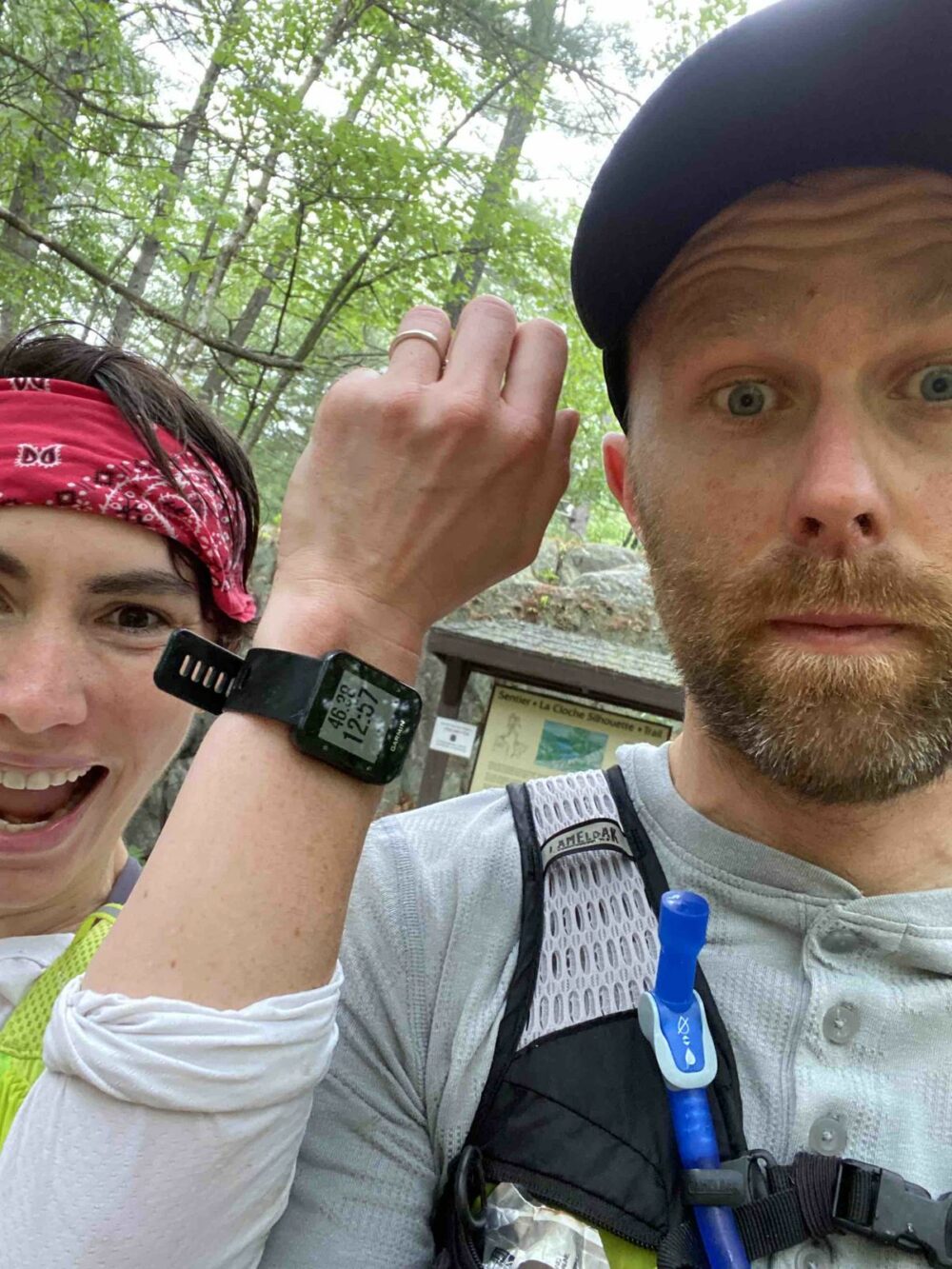This original post is from 2021, but it’s one I come back to often. Since then, I’ve had one race where running through these questions did lead to a drop out for health reasons, but more often than not, going through them has led to a stronger finish than I may have had otherwise. Even this past weekend, at the start of a race, I found myself getting passed by another woman right out of the gate, and it immediately threw me for a loop and had me questioning if I was in shape for the race. But instead of letting her go, I stayed right on her heels even as I burned a couple of matches to do so… and ended up passing her after the first major climb. If I’d let my initial self-talk get the better of me, I think she handily would have won the race. So—questions to ask yourself when you’re struggling mid-race!
Shit happens. Any athlete knows this. There are going to be days that just aren’t your day. But what do you do when you’re partway through an event and it’s clear that things are not lining up to go the way you had planned? It’s time to reframe your goal, especially if you’re in the middle of some kind of long endurance event. It’s one thing to just get through a cyclocross race when you only have two laps to go and you fall back because of a flat. But what if you’re 10 miles into Leadville when your knee starts to feel sore, or you get a flat that throws you off of your goal pace significantly?
On this episode of the podcast, Peter and I talked about reframing goals during our recent run of La Cloche in Killarney Provincial Park. We have slightly differing opinions on this, though we ultimately agree on it for the most part. Peter is a fan of having your race goal, and then having some kind of language around a second goal that’s just about finishing. Personally, I find this tricky: I know that mentally, I’m only as strong as my weakest goal. That is to say, if I have it in the back of my head that finishing is ‘good enough,’ then that’s the standard that I’ll tend to meet. So, I need to go in with a bit of a tougher goal in mind. In the case of La Cloche, I did have two goals, but both had times attached. And by the end of hour #1, when my knee started to bother me, I realized that neither goal was going to be realistic, or even do-able. I would be able to finish—I knew that with a good degree of certainty—but I knew it wasn’t going to be the day I had planned for.
If you’re out in the woods and you reframe your goal, does anyone hear you?
There are a few questions that I ask myself in these situations:
- Am I changing my goalposts because this is an actual issue, or is this a mental hurdle I need to get over? (It was an actual physical issue.)
- Am I sure? (Yes.)
- Positive? (Yes.)
- Should I call it, or can I finish this safely? (Can finish safely.)
- What’s your strategy going forward / what can you control? (Keep moving forward as smoothly as possible, don’t push the pace beyond a 5/10 pain scale, keep eating and drinking enough that your gut is doing well, and don’t let this mentally break you for the day.)
- Can you still smile right now? (Yes. Not happy about it, but yes.)
- Is there another goal you can set? (Finish the loop.)
- Will you be happier turning around and just shutting it down for the day? (No.)
- Can I be happy with “just finishing” and not meeting my time goal? (Yes.)
Why is the “smile” question in there? It’s silly, sure, but I’ve found that actually smiling can help take away some of the seriousness that you’re imposing on the situation and pull you back to a happier state of mind, which can help you finish off your reframing and put you in a better headspace. If you can’t even crack a fake smile, you’re in trouble.
I paused on the question of turning around and shutting it down for the day, and did a bit of forward projection, thinking about how I would feel the next day if I didn’t carry on. I weighed the mental toll turning around would take versus the strain on my knee, and in this case, the need to prove to myself that I could push through outweighed my knee issues.
Honestly, once I got to that last question—Can I be happy with this finish?—I had gotten to a point where I could finish La Cloche and feel excited about how it ended, even if it wasn’t exactly what I wanted. I smiled again. I decided that finishing would be enough. In the speedy section at the end, I was able to rally and push through to beat the 13 hour cutoff by 3 minutes. I embarrassed Peter with a mini parking lot victory dance. I ate a full dinner and my gut felt great.
Look, no one likes having to reframe a goal midway through a race. It’s not something I recommend. It’s not the way to get through most of your races. But it is going to help you get through a rough patch, and let you convert your previous concepts of ‘losing’ into something more positive.
The one caveat here, though, is that if you’re “reframing your goal” during every single race, then it’s time to look at your original goals and consider whether or not you’re setting goals that are actually realistic, or if you’re setting goals that are just too hard for where you are as an athlete right now. If you always reframe your goals halfway through the race, you either need to come back to your original goal-setting, or—if you do have the numbers that back up the fact that you should be able to hit XYZ times—you may need to do some mental training work to help you get through that midrace slump. Want more on setting smart goals that will push you?





